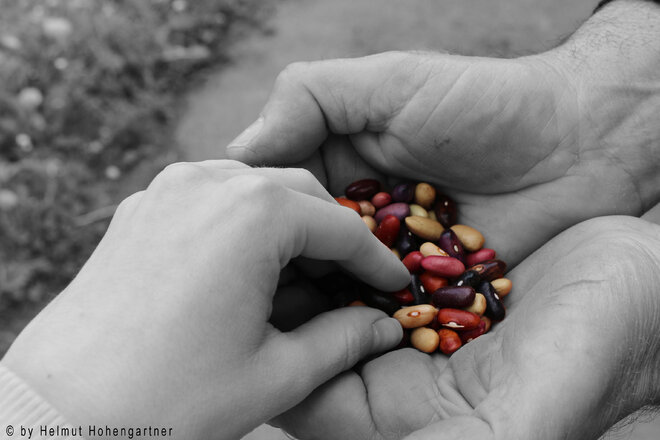09.06.2021, 07:21
link zu UNDROP auf englisch statt auf deutsch ausgebessert
keine inhaltliche veränderung
Neue Begründung:
Justification
The UN Declaration on the Rights of Peasants and Other People Working in Rural Areas (UNDROP) recognizes the right to seeds as a human right and, at the same time, obliges the international community to recognize this right and to guarantee free access to seeds. ("The right to save, use, exchange and sell their farm-saved seed or propagating material." Art. 19)
Official German-language version of UNDROP: www.un.org/depts/german/gv-73/band1/ar73165.pdf:digitallibrary.un.org/record/1650694
Illustrated brochure:
www.viacampesina.at/undrop-illustrierte-ausgabe_lvc-final/
The state and supranational phytosanitary regulations of the supply of seeds and planting material must also observe and recognize these rights in accordance with Article 19 UNDROP. Phytosanitary regulations must not restrict the right to seeds.
Who are the “Sustainers of Diversity”?
Sustainers produce seeds and plant materials that are ordered and forwarded according to seed sovereignty for sustainable and permanent use, for further propagation, for testing the adaptability to the location, as part of the continuation of the craft of traditional seed nursery and rural conservation breeding. Many, but not all, sustainers are organized in networks or associations.
The proceeds from the work hardly cover the costs incurred. There are narrow limits to the commercialization of conservation work, as the recipients of the seeds and plant materials continue to propagate the varieties themselves and therefore will not order every year.
The work of the conservationists and their associations, which is geared towards the common good in many respects, and their previous role in the containment of plant pests, must be recognized in the plant health legislation. No further economic or bureaucratic obstacles must be placed in the way of the sustainers and their associations.
EU regulation 2016/2021 on plant health: eur-lex.europa.eu/legal-content/EN/TXT/?uri=CELEX%3A32016R2031
AGES - information on plant passport requirements: www.pflanzenschutzdienst.at/binnenhandel-neu/faqs-plant-pass-new/
Thank you for your support. Florian Walter, Pöls AUSTRIA
Unterschriften zum Zeitpunkt der Änderung: 539




